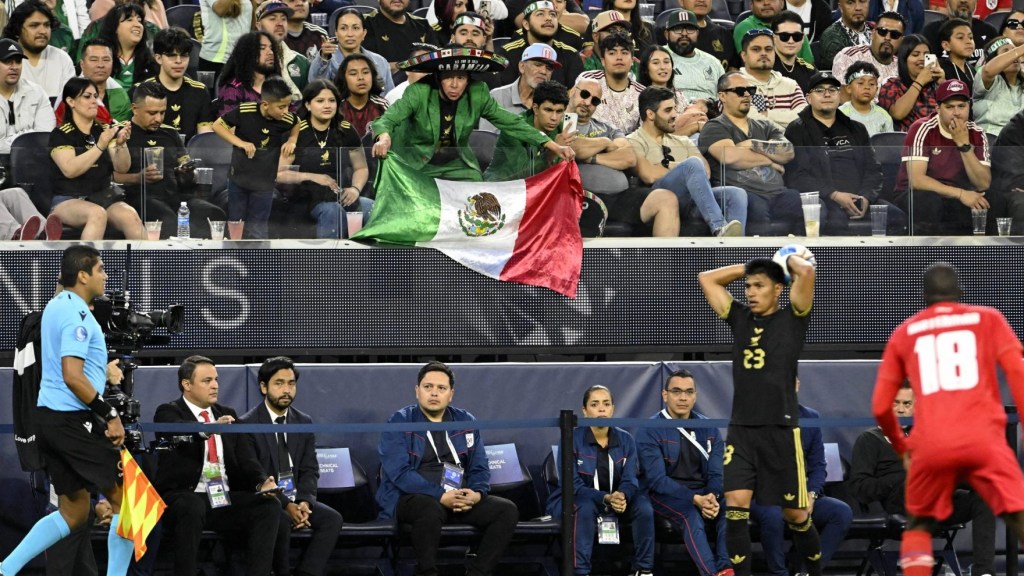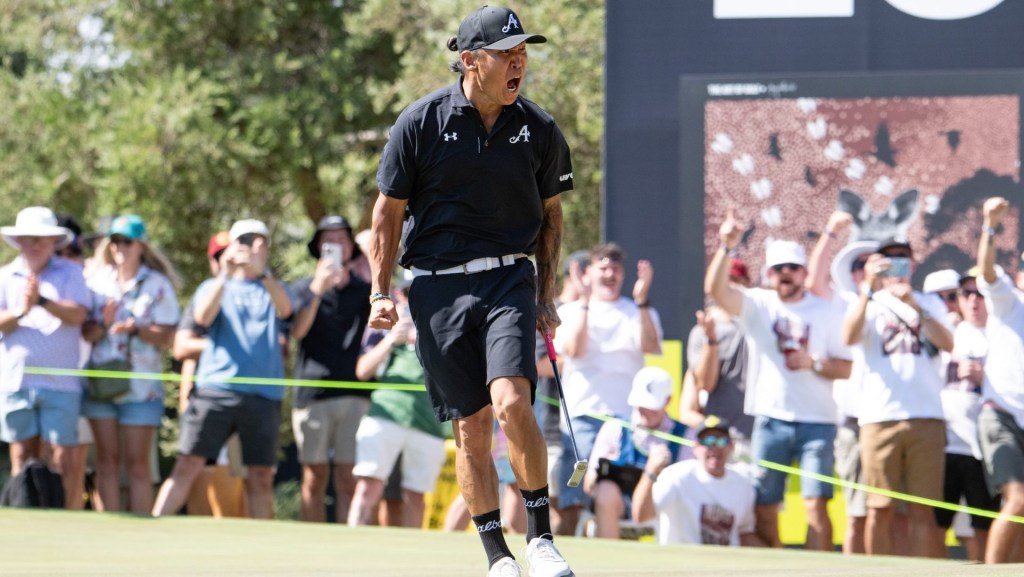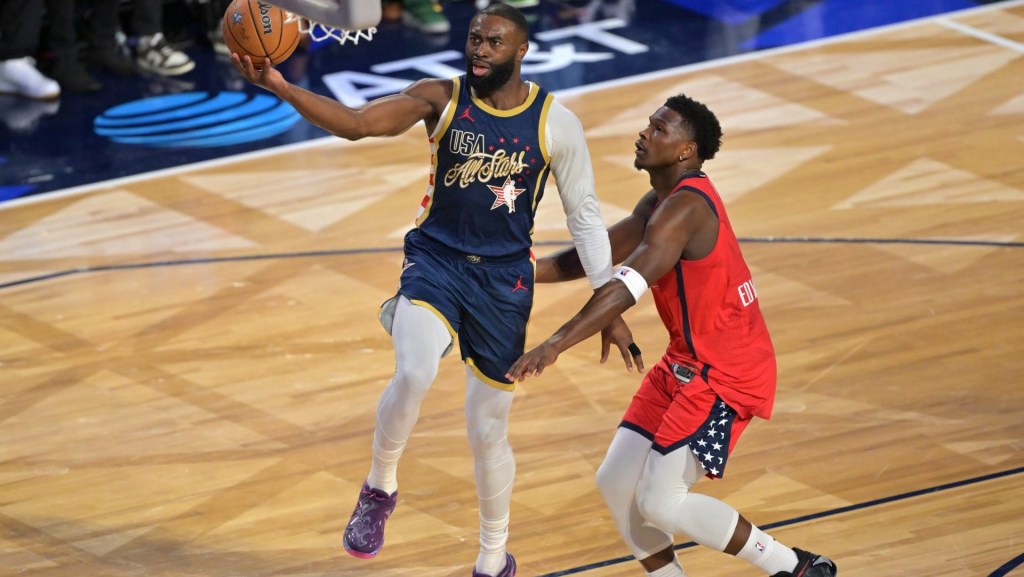Already reeling from another disappointing loss in the Stanley Cup Final, there is heightened anxiety in Edmonton as superstar center Connor McDavid is now entering a period of contract uncertainty.
The 28-year-old McDavid is eligible to sign an extension on July 1, but if he doesn’t do so, he will enter the final season of an eight-year, $100 million deal signed in 2017.
Speaking the day after the Panthers defeated the Oilers to clinch a second-straight Stanley Cup championship, McDavid was understandably noncommittal about his plans, as emotions were still raw, but he clearly put the Oilers on notice.
“Winning is the most important thing. If I feel there’s a good window to win here over and over again, then signing is no problem,” McDavid said. “We’re all in this together, trying to get it over that finish line. With that being said, ultimately, I still need to do what’s best for me and my family and that’s who I have to take care of first, but of course, there is still unfinished business here, yeah.”
McDavid’s comments were much like any other star player approaching a contract crossroads, particularly right after a playoff loss. Teammate Leon Draisaitl, in particular, said similar things a year ago before signing an eight-year, $112 million extension.
The 28-year-old McDavid, however, is a three-time NHL Most Valuable Player, continues to be regarded as the league’s best talent, and the lack of a Stanley Cup title is the last big piece undone in a legacy as one of hockey’s greatest players ever. His refusal to say something along the lines of wanting to be an Oiler for life “sent chills up the spines of an entire city,” the Edmonton Journal said.
“There’s nothing I can tell you right now that you want to hear or need to hear,” Draisaitl said about McDavid’s contract. “That’s his situation and he will do what’s best for him and his family. Do I want him here forever? Yes, of course, I think everybody does. But there’s not much I can give you there.”
Cap Matters
Aiding a new deal for McDavid, in Edmonton or anywhere else, will be sharply increased salary caps coming to the league.
Fueled heavily by recent boosts in attendance, media rights, and overall revenue, the NHL’s salary cap will rise from $88 million per team this season to $95.5 million in the upcoming one, and then a projected $104 million in 2026–27 and $113.5 million in 2027–28.
McDavid, like any other player, can sign for as much as 20% of a team’s salary cap, putting his potential future salary at more than $20 million in future years, a sharp jump from his current, $12.5 million annual average.
Ratings Woes
The Stanley Cup Final, meanwhile, finished on a largely downbeat note in viewership on both sides of the U.S.-Canada border. In the U.S., viewership for the six-game series averaged 2.5 million viewers on TNT Sports, down 40% from last year’s Final and down 4% from two years ago, when the network last carried the event.
In Canada, Sportsnet, CBC, and the French-language TVA combined to average 3.9 million viewers, down 15% from last year, but up 82% from 2023.
The weaker results, certainly impaired by the lack of a deciding Game 7 series in the series, also arrived despite plenty of on-ice drama.


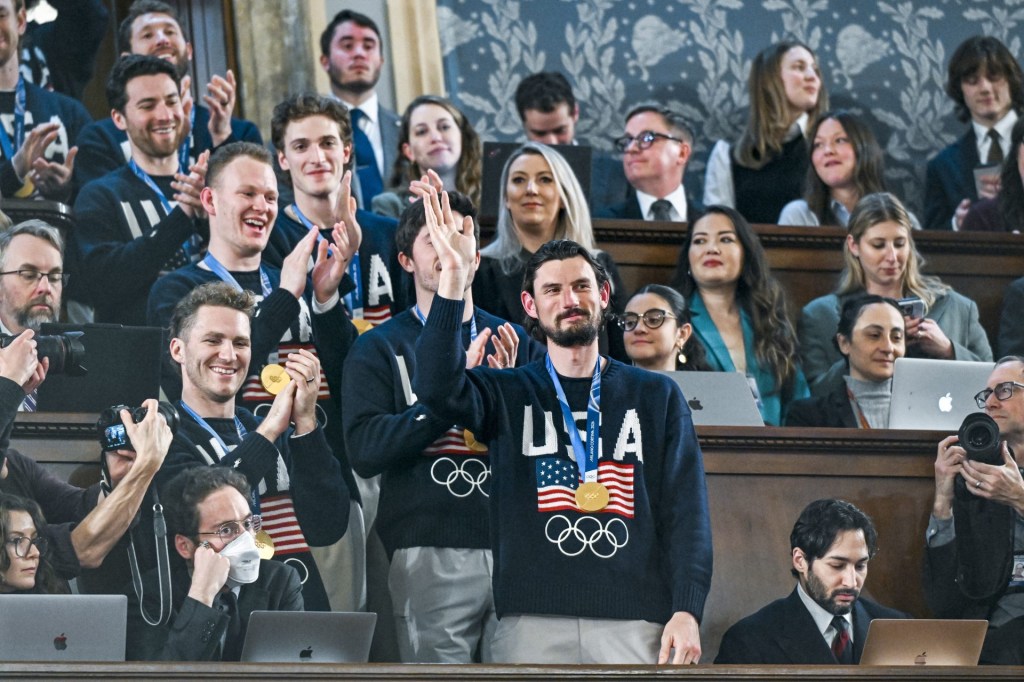
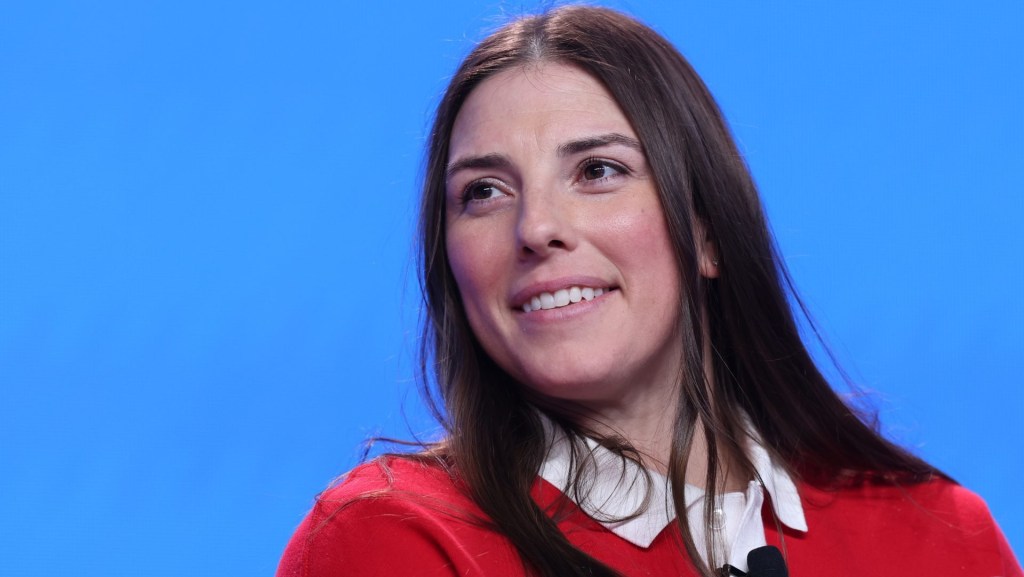

![[Subscription Customers Only] Jun 15, 2025; Seattle, Washington, USA; Botafogo owner John Textor inside the stadium before the match during a group stage match of the 2025 FIFA Club World Cup at Lumen Field.](https://frontofficesports.com/wp-content/uploads/2026/02/USATSI_26465842_168416386_lowres-scaled.jpg?quality=100&w=1024)
![[Subscription Customers Only] Jul 13, 2025; East Rutherford, New Jersey, USA; Chelsea FC midfielder Cole Palmer (10) celebrates winning the final of the 2025 FIFA Club World Cup at MetLife Stadium](https://frontofficesports.com/wp-content/uploads/2026/02/USATSI_26636703-scaled-e1770932227605.jpg?quality=100&w=1024)







